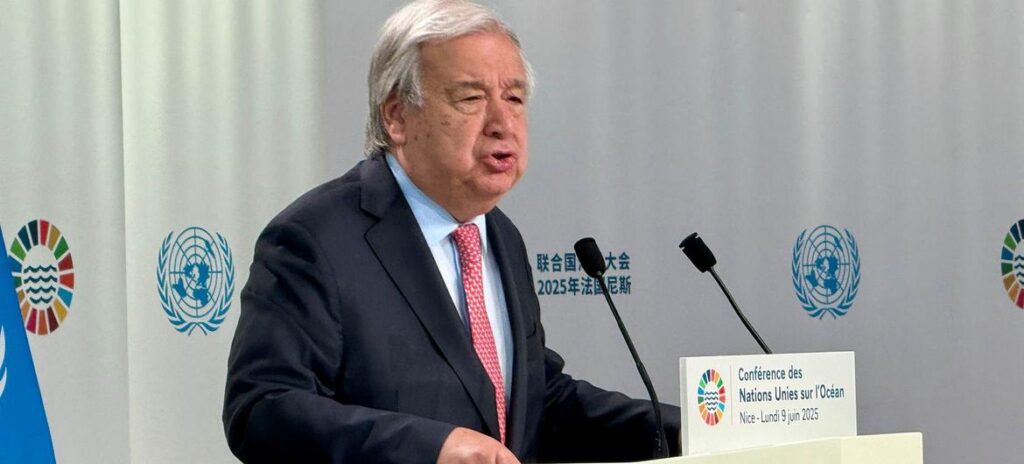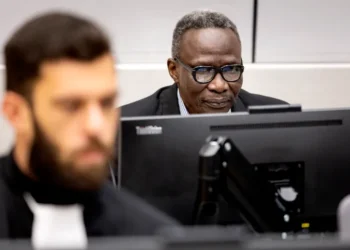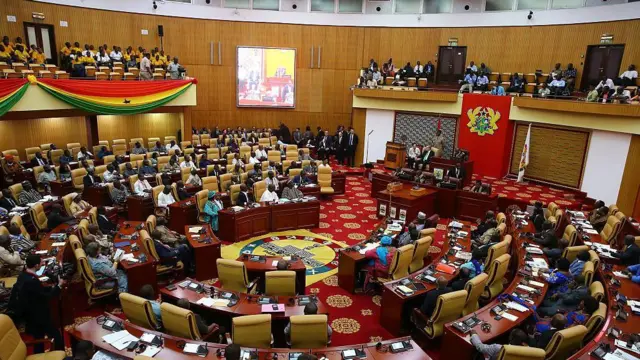The United Nations says its investigations into alleged human rights abuses and war crimes in the eastern Democratic Republic of Congo have been suspended due to a deepening funding crisis that is threatening its global humanitarian and justice efforts.
The UN Human Rights Office (OHCHR) confirmed the pause, attributing the budget shortfall to several countries failing to fully meet their financial obligations. The crisis has been further compounded by significant cuts in foreign aid from the United States.
Volker Türk, the UN High Commissioner for Human Rights, expressed alarm, stating that combatants from all sides in the Congo conflict, including the Rwandan-backed M23 rebels, Congolese government forces, and allied militias, have been implicated in severe violations. “An apparent total disregard for the protection of civilians during and after military operations” was revealed through investigations and field analysis conducted by his office.
Preliminary findings from these inquiries have uncovered a disturbing pattern of “summary executions” and “horrific sexual violence” in North and South Kivu provinces. Of further concern is that nearly 40 percent of those subjected to sexual and gender-based violence in these regions are children.
Türk has stressed that the investigative team cannot proceed or “deliver results until and unless funding is made available.” He noted that “financial and staffing constraints are critically impeding” their ability to pursue justice and accountability.
UN Faces Worst Funding Cuts Ever
The OHCHR stated it would exhaust all avenues to secure funding for the Commission through the regular UN budget, though the earliest this could materialize is in 2026. Meanwhile, the broader financial crisis gripping the UN has already begun to disrupt operations across multiple agencies.
According to the UN Office for the Coordination of Humanitarian Affairs (OCHA), the organization is enduring the “deepest funding cuts ever witnessed.” As a result, the UN’s humanitarian budget request for 2025 has been slashed from $44 billion to $29 billion, forcing aid agencies to adopt a “hyper-prioritized” strategy—offering assistance only to the most life-threatening crises.
The root cause of this shortfall lies primarily in foreign aid reductions from top donors, particularly the United States. Under President Donald Trump’s “America First” policy, the U.S. withdrew billions from international assistance programs. The U.S., historically the UN’s largest donor, contributes over 40 percent of the funding for some agencies, such as the International Organization for Migration (IOM), which now faces a 30 percent budget cut this year.
The fallout has been severe. OCHA has laid off 20 percent of its workforce. UNICEF expects a 20–25 percent budget cut, which would severely impact its child protection and education programs. The IOM warns that thousands of jobs and key migrant services are at stake. Meanwhile, the UN Secretariat is preparing to shrink its $3.7 billion budget by 20 percent, a move that could eliminate 7,000 positions from its 35,000-strong global workforce by 2026.
The implications are dire for crisis zones like Sudan, Yemen, Gaza, and especially the Democratic Republic of Congo, where millions rely on UN assistance for food, shelter, and security. With investigations into war crimes now stalled, hopes for justice in Congo dim further.
Volker Türk warned of the long-term global consequences of these financial decisions. UN Secretary-General António Guterres echoed the concern, cautioning that such funding withdrawals risk creating a “less healthy, less safe, and less prosperous” world. He called on nations to “rethink global aid priorities” and take collective responsibility to avert what he termed “catastrophic humanitarian consequences.”

Investigative commissions like the one suspended in Congo play a critical role, often providing evidence used by international courts such as the International Criminal Court to initiate pre-trial investigations and prosecutions.
Unless urgent action is taken, the international community may be forced to confront the cost of its inaction, not just in humanitarian terms, but in the erosion of international justice.
READ ALSO: Legal Adjournment Paralyses Sky Train Trial





















